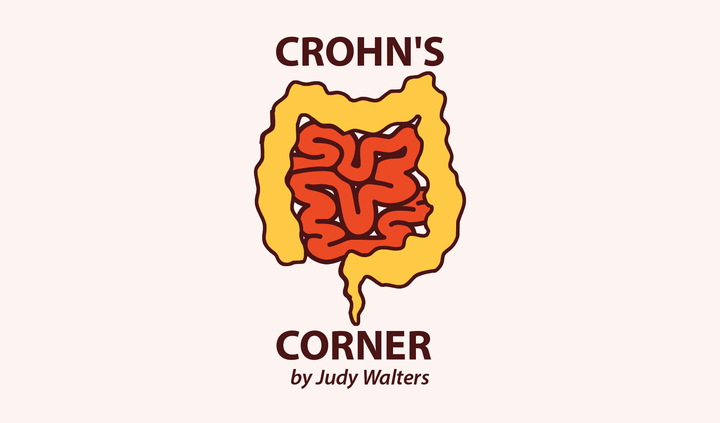Last week was a hectic one for my family. Both of my daughters, one, a graduate student, and the other, an undergrad, neither of whom live home most of the year, came home for the week between their summer jobs (in different states) before going back to school over the weekend.
It was a week filled with doctor’s appointments, shopping trips, engagement and wedding planning for my older daughter (who is getting married next year), and trying to squeeze in a couple of family dinners. Add on top of all of that, my younger daughter came home with sinusitis and the beginnings of bronchitis, so you can imagine how my week went.
On Saturday, to culminate the week, my husband, younger daughter and I set off to drop her off back at college. It’s an eight-hour drive one way, and my husband and I wanted to get it done in one overnight so we wouldn’t miss any work or pay additional nights for hotel or food. That was 900 miles of driving within a 24-hour period.
Before this even started, I knew what it would mean. I would need my “buffer day” today.
Buffer days are not new to me. I started adding them onto any extra-long, extra-hectic, extra-busy week when Crohn’s became a major factor in my life. On buffer days, I sincerely try not to make any appointments, obligate myself to be anywhere, or do anything in particular. Buffer days give me permission to sleep late, nap, catch up on TV and not get off the couch, as I so choose.
Last spring, I did a 24-hour whirlwind trip to Florida to see some close friends and spend the day at Disney World. We had a blast and I wouldn’t change it for the world, even though the first day I had to be at the airport at 5 a.m. and the night I returned home my flight was delayed by five hours, so that I landed close to midnight. I had scheduled one buffer day to recuperate.
The first day back from that trip, I didn’t feel too bad in the morning, but by afternoon I was dragging. I couldn’t think about working on my latest book or, for that matter, doing anything taxing. I figured a good night’s sleep would cure me and I’d be fine by the next day.
But my one buffer day turned into three. I couldn’t get off the couch. I couldn’t motivate myself to work. I felt like I was going through jet lag even though I had stayed on the same coast.
I’m pretty sure the tiredness of Crohn’s is different from regular tiredness. My other, non-Crohn’s friends on that trip said they felt exhausted for a day, maybe a bit more. I got home Tuesday night and was unable to do anything until Saturday.
So now I am flexible with my buffer days. I’m assuming all I will need is today, but I might need tomorrow or the next day. I’ve carefully scheduled very little and have promised myself that it’s OK to watch junk TV. We’ll see how the day goes. Buffer days are precious, and I need to honor them.
***
Note: IBD News Today is strictly a news and information website about the disease. It does not provide medical advice, diagnosis, or treatment. This content is not intended to be a substitute for professional medical advice, diagnosis, or treatment. Always seek the advice of your physician or other qualified health provider with any questions you may have regarding a medical condition. Never disregard professional medical advice or delay in seeking it because of something you have read on this website. The opinions expressed in this column are not those of IBD News Today or its parent company, BioNews Services, and are intended to spark discussion about issues pertaining to IBD.



I’ve had Crohn’s for over 30 years. I try to give myself buffer days also. It works most times.